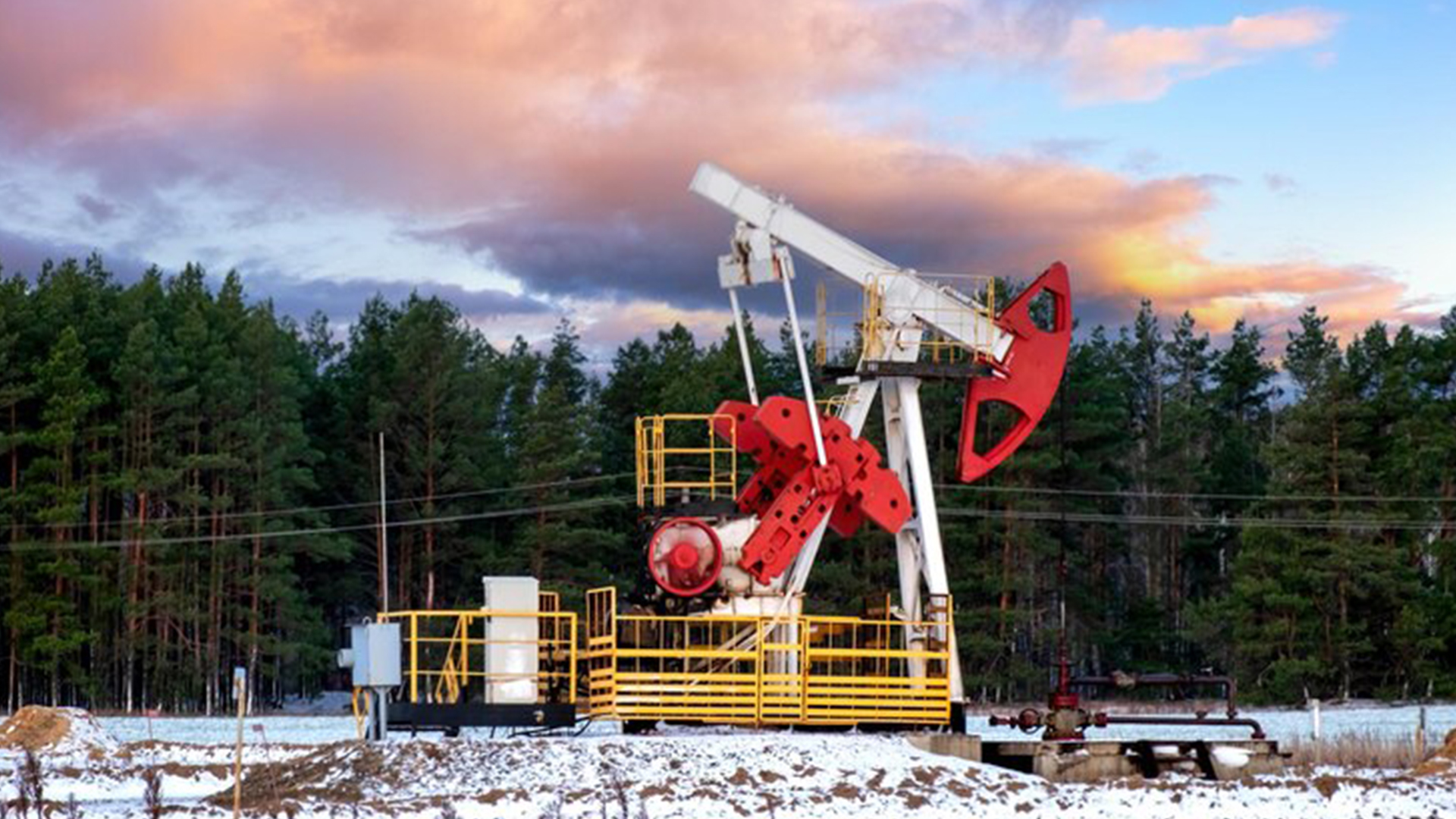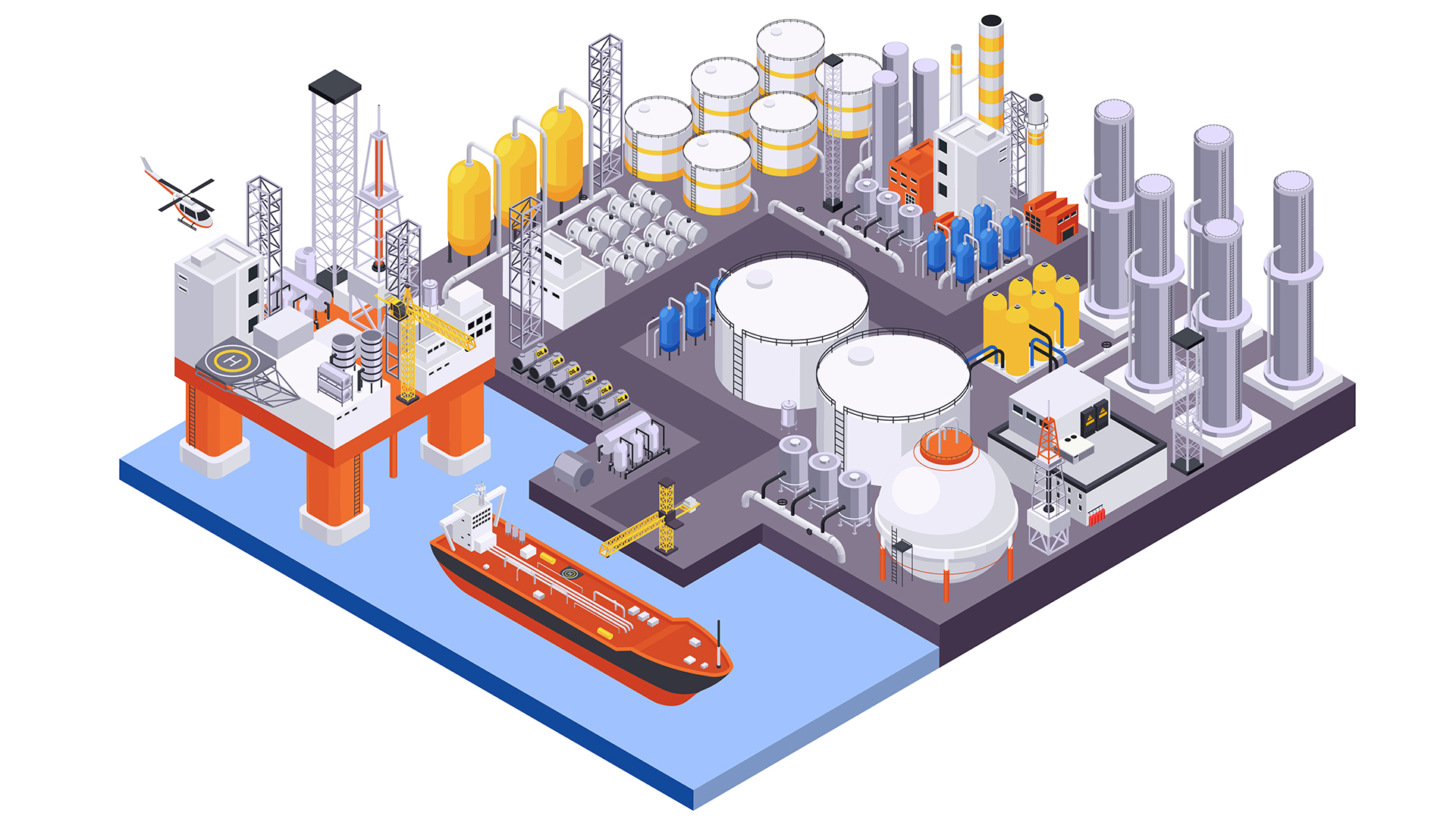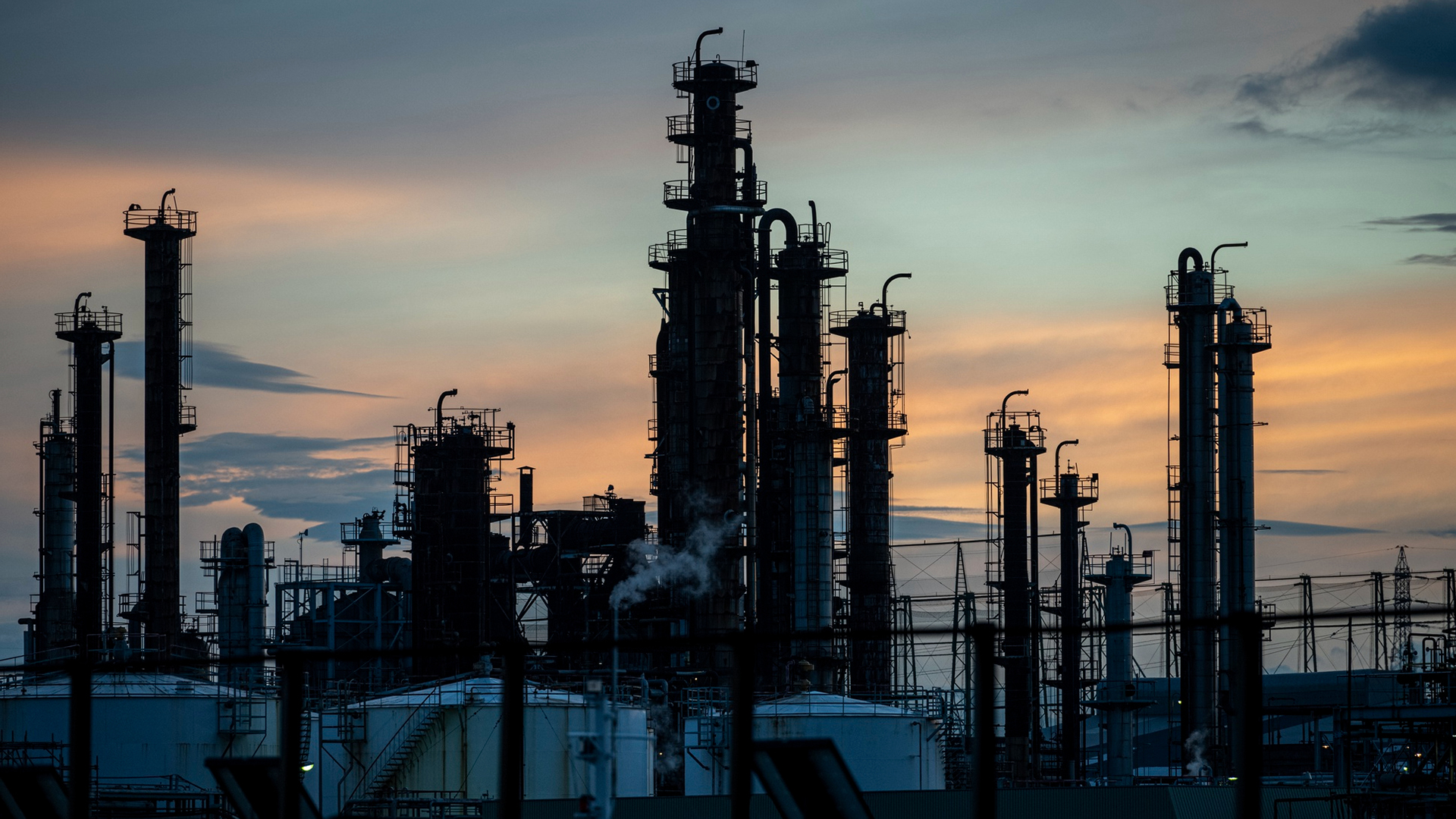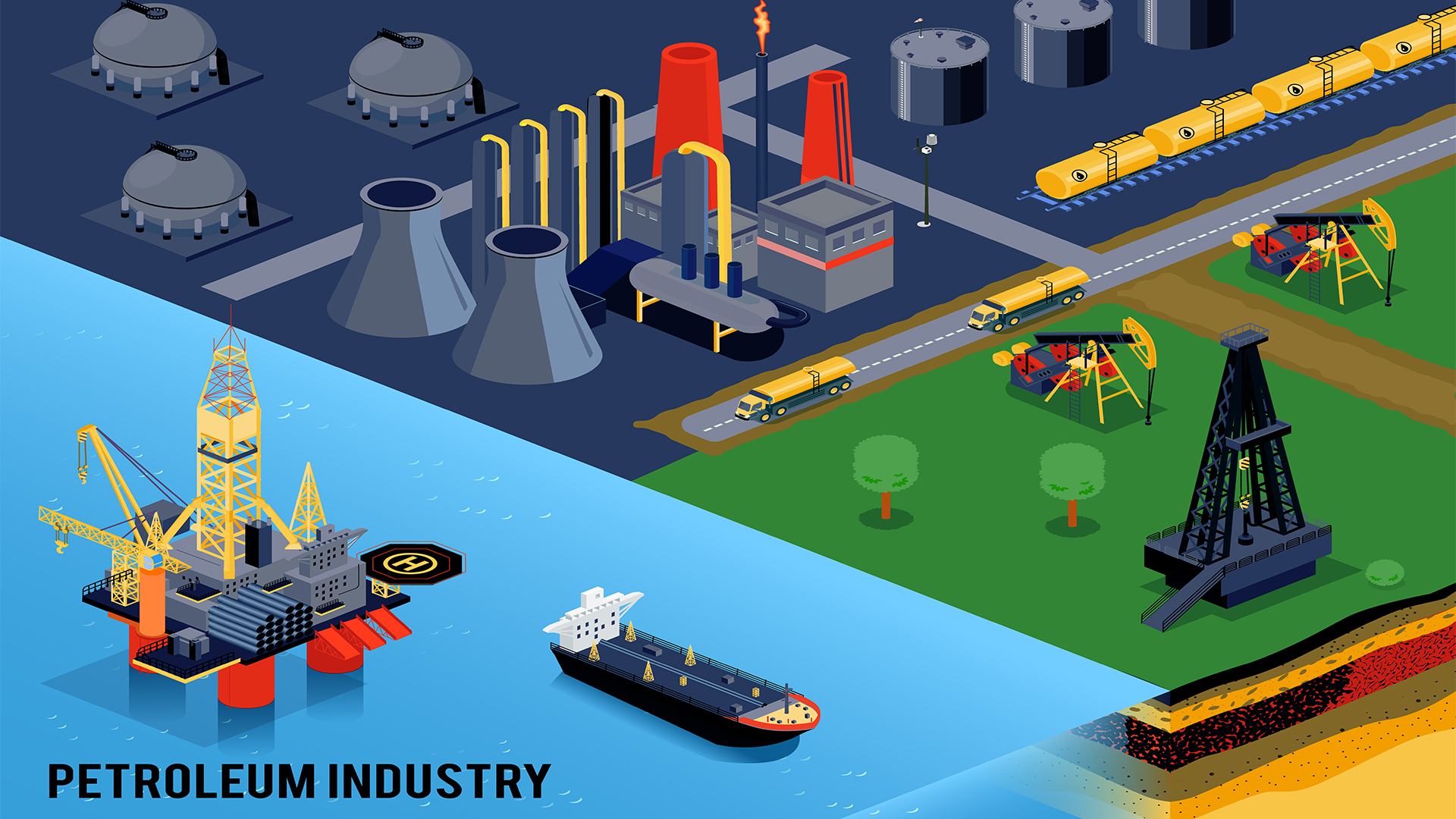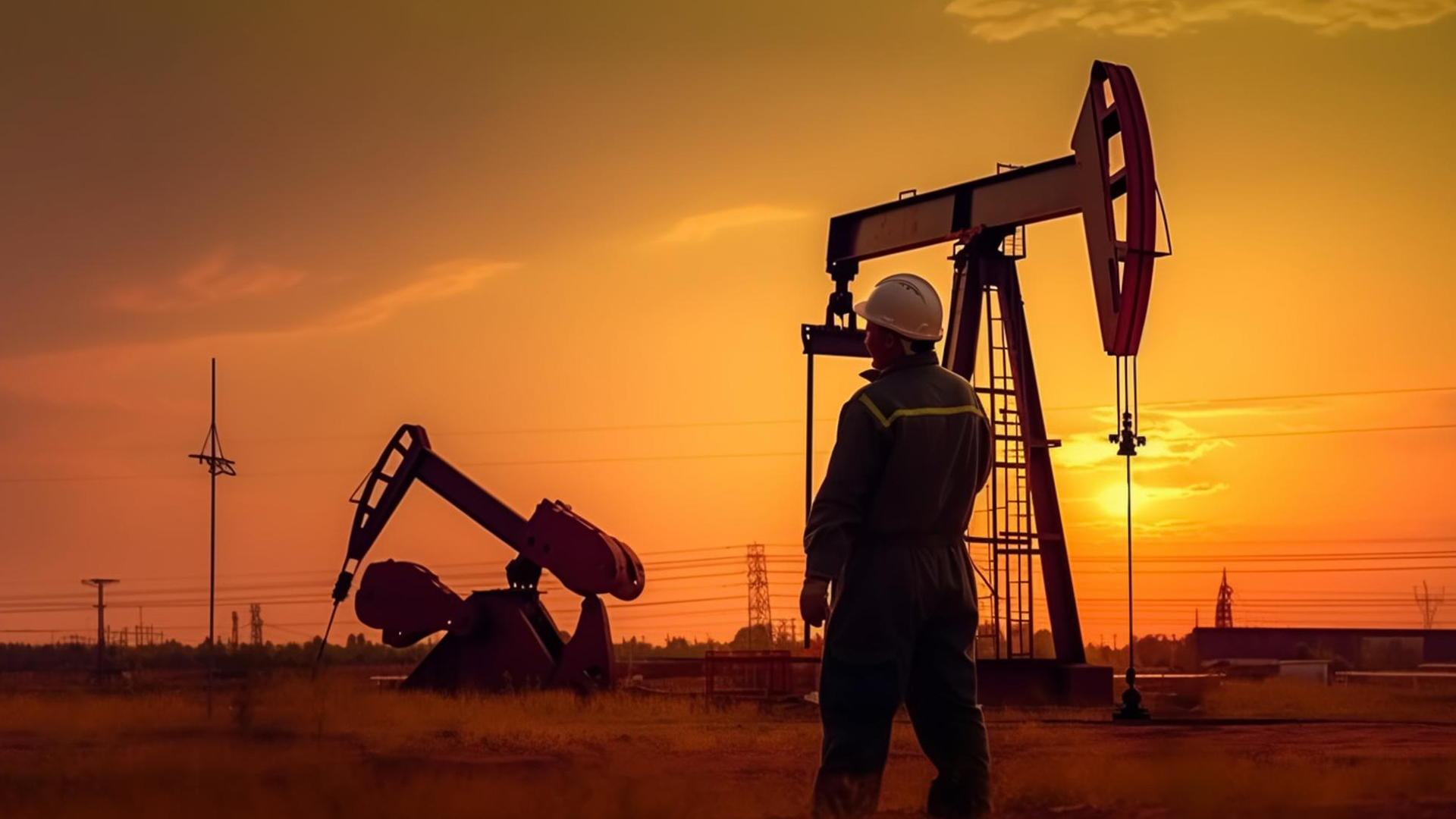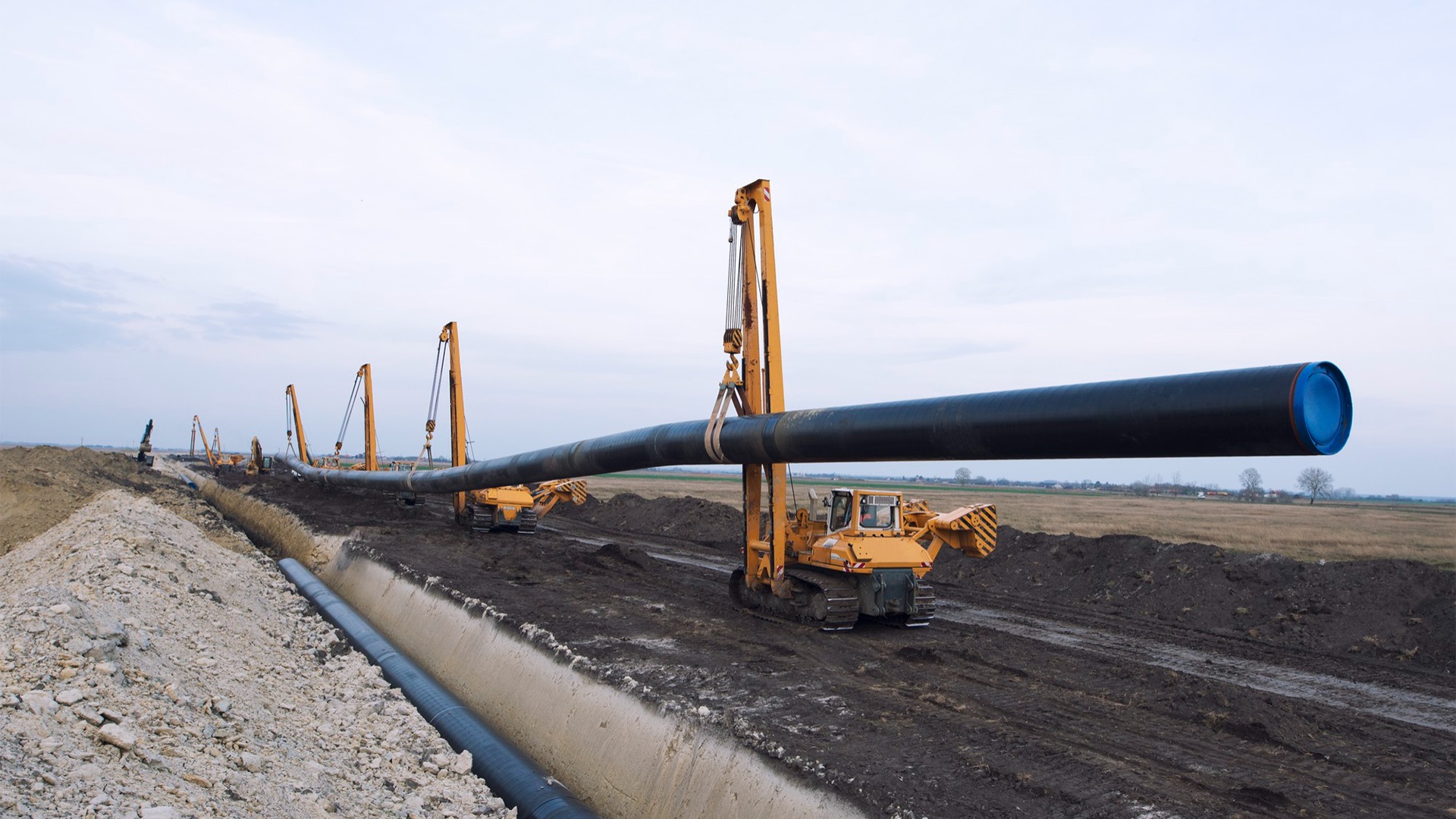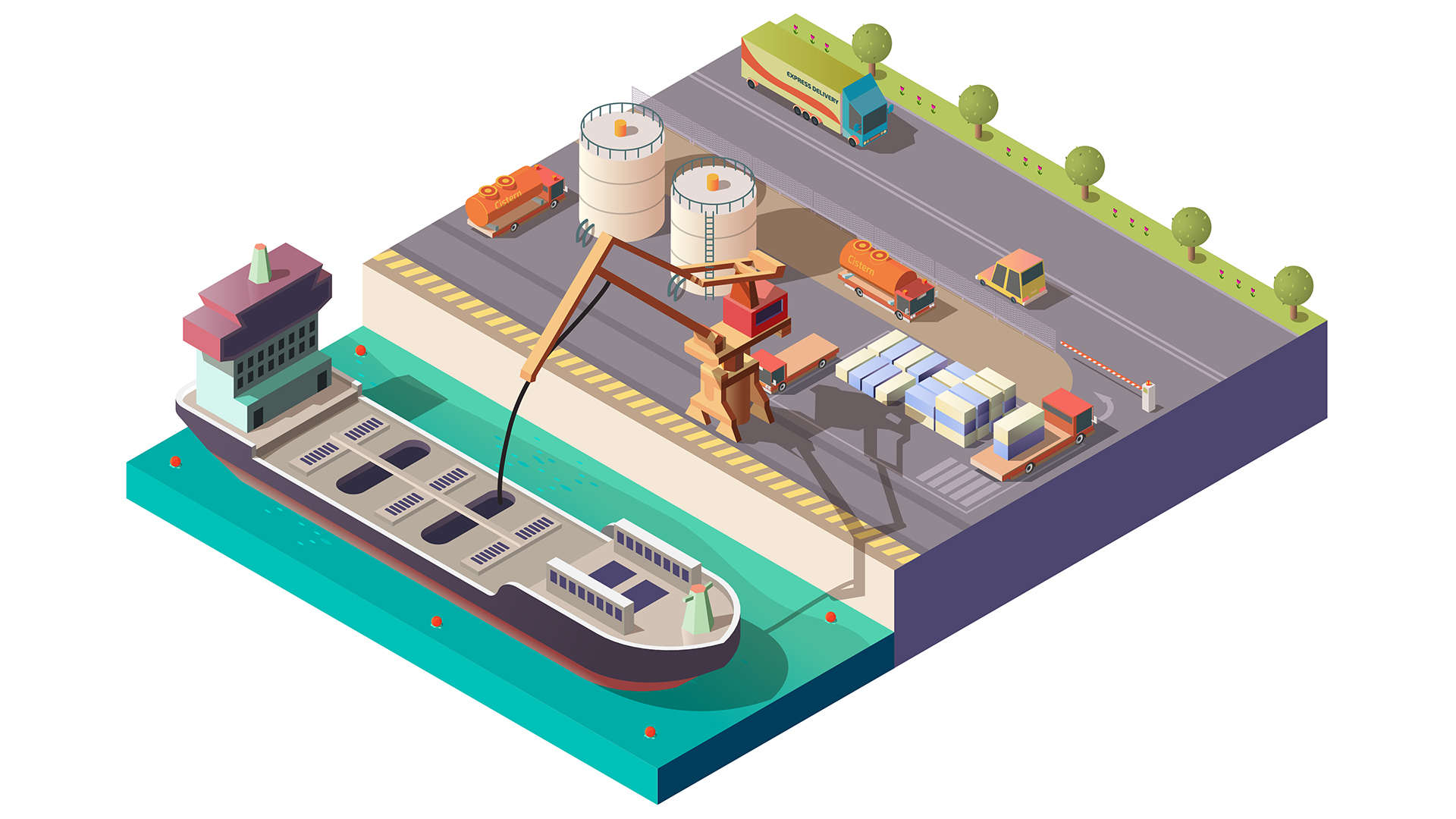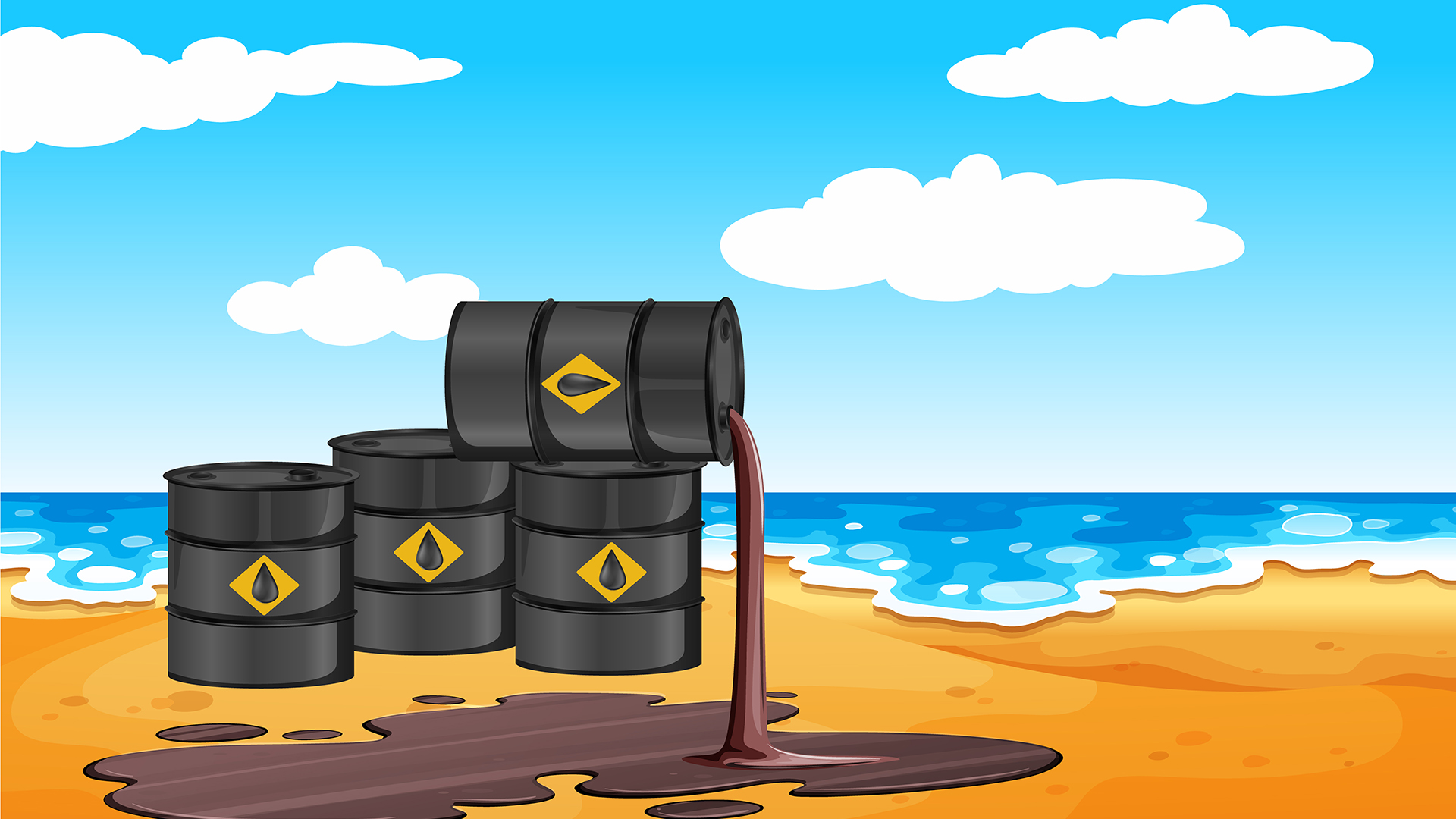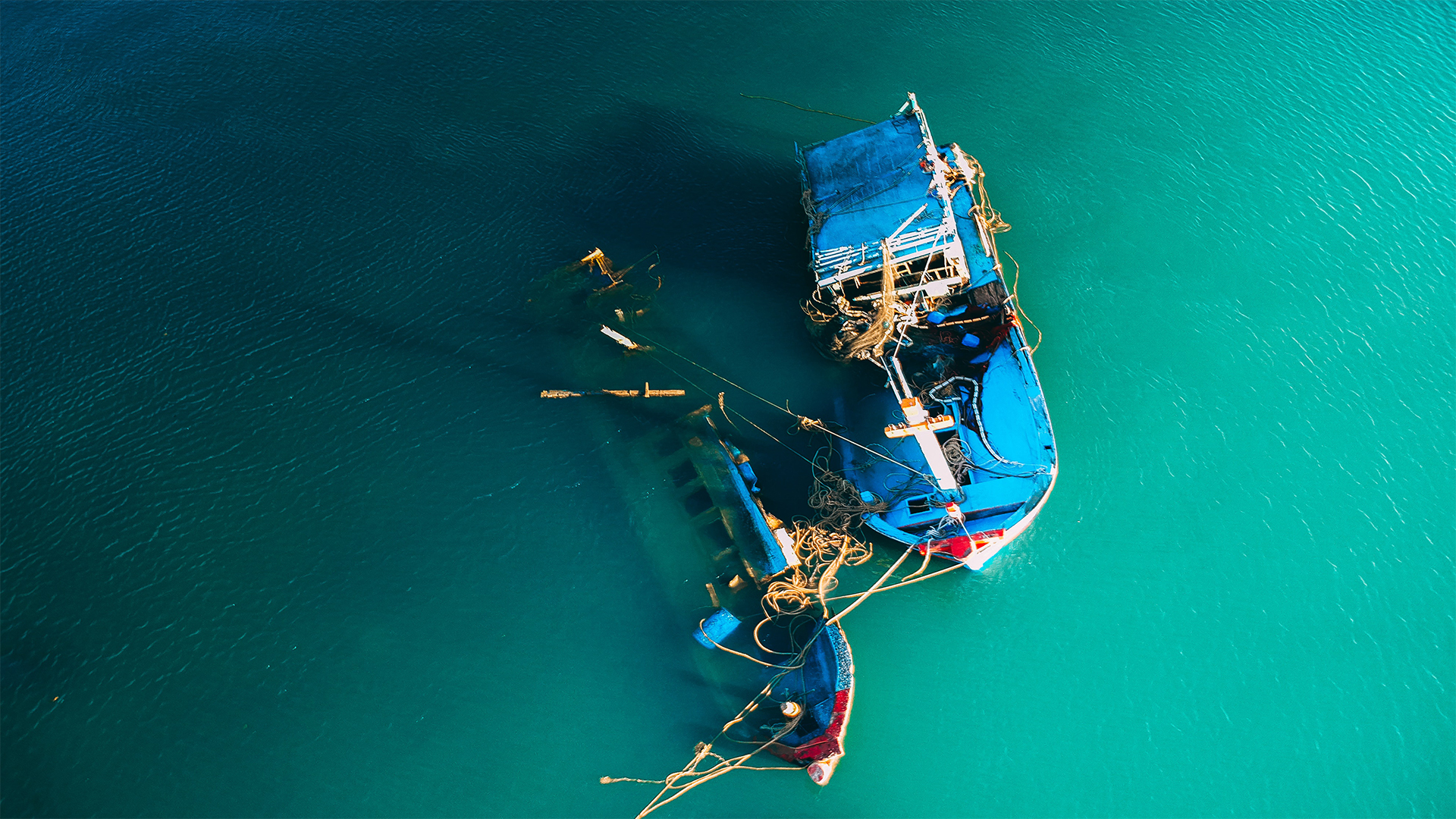
Tackle Marine Accident & Incident Investigation & Reporting With Confidence
Course overview
Any damage to ships and other ship-operating facilities is considered a marine accident. These mishaps might result in equipment failure, structural damage to ships, or even disruptions to normal operations. Because of the tremendous harm that they may do to aquatic life, maritime workers, and their safety, marine accidents are taken very seriously.
It is crucial to look into such situations in order to stop them from happening again. In order to identify the causes of maritime accidents and provide recommendations for preventing such incidents in the future, a thorough, methodical assessment of the events is known as a marine accident investigation.
Professional investigators that conduct investigations through interviews, gather evidence from the accident scene, determine likely causes, and make action recommendations are involved in the investigation of marine accidents. Marine unit collisions, or more particularly, ship collisions, are among the most frequent types of maritime accidents.
A marine unit collision occurs when two marine units or ships collide structurally, or when one marine unit or ship collides with a stationary or floating item. The likelihood of marine accidents increases with faster vessel speeds and worse seas. Ship crashes cause property and human casualties as well as maritime pollution.
Most frequently, there are warning signs before a marine catastrophe occurs. A maritime accident results from a series of smaller, more frequent occurrences.
Introduction
Investigations into marine accidents are conducted in connection with the destruction of buildings, machinery, equipment, etc. Minimal danger of recurrence is ensured by structured and methodical inquiry methods.
As a result, there are several parties involved in marine accidents, from the staff in charge of staying vigilant and documenting indicators to the investigators who come to their own findings and provide suggestions to avoid recurrence.
You will have the essential knowledge on marine unit crashes, causes, impacts, next steps, and action plans after taking this Zoe training course. In order to assist your company take proper care and measures in these areas, it will also provide you with thorough information on the investigative procedure in the event of an accident.
We are The Training Bee, a global training and education firm providing services in many countries. We are specialized in capacity building and talent development solutions for individuals and organizations, with our highly customized programs and training sessions.
Additionally, this course on Marine Accident and Incident Investigation and Reporting will support you in developing your analytical abilities and perspective to help you carry out specific and specialized duties related to the investigation of such incidents, increasing your employment prospects and boosting your professional profile.
Additionally, this training will arm you with the information and self-assurance you need to promote standard compliance and accident avoidance inside your company. Additionally, it will aid you in being ready for any necessary accident-related investigations.
Learning Objectives
Upon completing Tackle Marine Accident & Incident Investigation & Reporting with Confidence, participants will be able to:
- Thorough understanding of investigations into marine accidents, especially ship or marine unit crashes
- The knowledge, awareness, and skills essential to recognize the first or series of indicators that suggest the risk of a serious accident; the necessary information and expertise to manage a collision situation successfully, taking necessary and timely action
- The assurance and experience necessary to deal with demands and obligations in the case of a crash investigation
- The expertise, capacity, and assurance required to carry out audits for the company to verify compliance with operational requirements
Our Unique Training Methodology
This interactive course comprises the following training methods:
- Role-playing – Participants will take part in several roleplays and understand practical ways of solving issues.
- Journaling – This consists of setting a timer and letting your thoughts flow, unedited and unscripted recording events, ideas, and thoughts over a while, related to the topic.
- Social learning – Information and expertise exchanged amongst peers via computer-based technologies and interactive conversations including Blogging, instant messaging, and forums for debate in groups.
- Mind mapping and brainstorming – A session will be carried out between participants to uncover unique ideas, thoughts, and opinions having a quality discussion.
- Interactive sessions – The course will use informative lectures to introduce key concepts and theories related to the topic.
- Presentations – Participants will be presented with multimedia tools such as videos and graphics to enhance learning. These will be delivered engagingly and interactively.
Training Medium
This Tackle Marine Accident & Incident Investigation & Reporting with Confidence training is designed in a way that it can be delivered face-to-face and virtually.
Course Duration
This training is versatile in its delivery. The training can be delivered as a full-fledged 40-hour training program or a 15- hours crash course covering 5 hours of content each day over 3 days
Pre-course Assessment
Before you enroll in this course all we wanted to know is your exact mindset and your way of thinking.
For that, we have designed this questionnaire attached below.
- What is the investigative best practice for preserving and gathering evidence on a marine incident or accident?
- What roles and responsibilities do stakeholders have related to the marine incident or accident investigation and reporting?
- What are the necessary steps in the process of accident and incident investigation?
- What potential liabilities may arise from a marine accident or incident investigation and reporting?
- How can data from other sources be incorporated into accident and incident investigation and reporting?
- What are the key differences between marine accident and incident investigation and reporting and investigations in other industries?
Course Modules
This Tackle Marine Accident & Incident Investigation & Reporting with Confidence covers the following topics for understanding the essentials of the Agile Workplace:
Module 1 – Marine Accident Types
- Mishaps on offshore oil rigs
- Mishaps on cruise ships
- Mistakes in commercial fishing
- Accidents involving cargo ships, crude oil tankers, and tugboats
Module 2 – Investigation Procedures for a Marine Accident
- Querying witnesses
- Gathering data and proof in preparation for analysis
- Conclusion of likely results
- Recommendations on what to do next
Module 3 – Marine Unit Collisions: Potentially Dangerous Factors
- Between-vessels communication breakdown
- Incompetence
- Lack of knowledge
- Narrow visibility
- Unfavorable weather
- Key systems for ship navigation failing
Module 4 – During or following collisions
- Alert the master and the engine room.
- Send a distress signal right away.
- Note significant information
- Set off the alarms.
- Count the damage
- Immediately act if there is damage.
Module 5 – Basis for Accident Investigation
- Lawmaking and governing
- Evaluation of the accident scene
- Disaster relief
- Retrieve wreckage
- Evidence gathering
- Risk management
Module 6 – Guidelines for Safety Examinations Following Collisions
- Capacity of vessels to sustain stability, motion, and navigation
- Major mechanical systems and apparatus’s ability to function
- Environment, crew, and cargo safety
- Notification of all interested parties
Module 7 – Situations Requiring Collision Investigation
- Human life is lost.
- Spills’ negative effects on the environment
- Financial repercussions for nearby local communities
- Financial repercussions for ship-owners
- Infrastructure on the coast and offshore is harmed.
Module 8 – The significance of collision investigations
- Protection of the public’s and employees’ health and safety
- Keeping companies’ capital and human resources intact
- Quality, dependability, and productivity improvements
- Offering consumers and customers consistent service
- Respect for legal and insurance requirements
Post-course Assessment
Participants need to complete an assessment post-course completion so our mentors will get to know their understanding of the course. A mentor will also have interrogative conversations with participants and provide valuable feedback.
- How do you determine responsibility for an incident or accident?
- What processes should be followed when investigating a marine accident or incident?
- How do you document the evidence and findings from the investigation?
- What kind of analysis should be done to determine the probable cause and contributory factors of an incident or accident?
- How do you ensure safety procedures and protocols are in place to prevent a similar incident from occurring in the future?
- What should you consider before writing a report on a marine accident or incident?
Lessons Learned
The primary lesson learned from Marine Accident and Incident Investigation and Reporting is that all vessels must have proper maintenance and up-to-date safety measures in place in order to ensure that the crew and passengers are well protected. Additionally, all crew members should have a thorough knowledge of safety protocols, including proper accident and incident reporting procedures so that they can report any issue in a timely manner and take appropriate action to limit the consequences. Finally, communication and team work are essential to safety operations, and crew members should make sure to regularly review safety protocols and procedures to ensure that everyone on board is working together to keep passengers and crew safe.
“Investigating and Reporting Accurately on Marine Accidents: Unraveling the Mysteries.”
